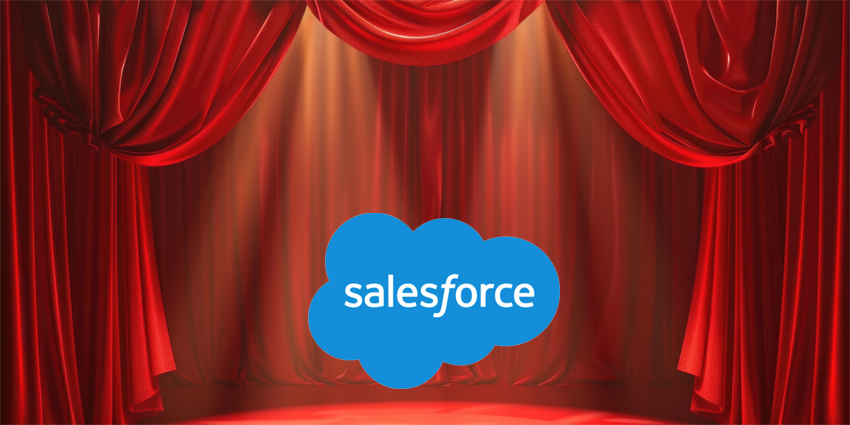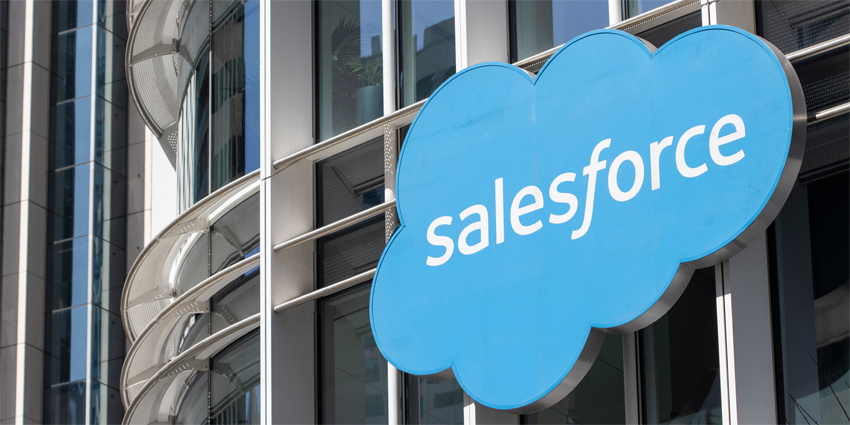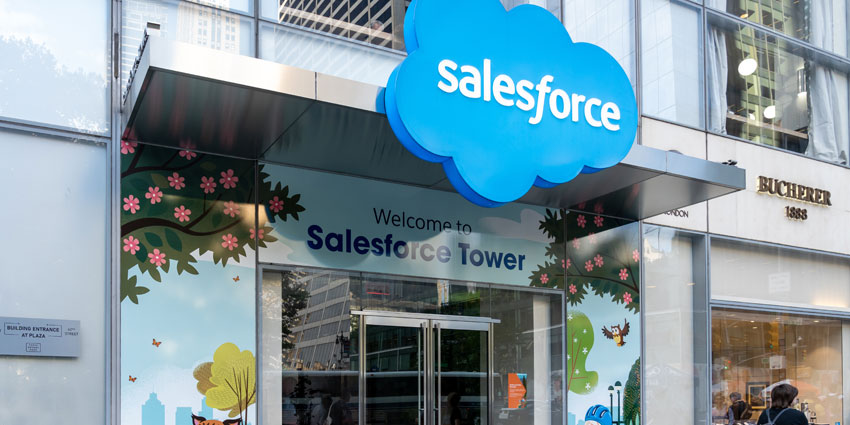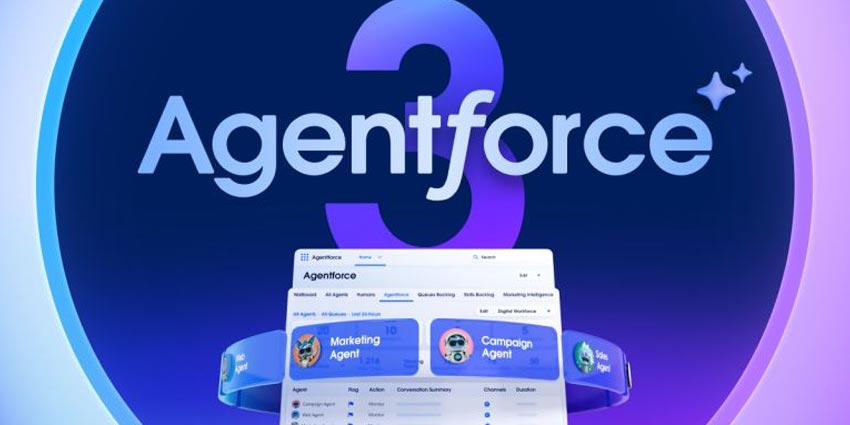In a double announcement, Salesforce has revealed plans to enhance its Commerce Cloud and Einstein Copilot solutions.
While the two tools will be enhanced by unique additional features, they will both be utilized to assist merchants in beefing up their customer service and experience offerings.
Commerce Cloud will be equipped with three new innovations that focus on providing businesses with the capacity to build more sophisticated commerce sites that can boost personalization and drive revenue growth.
By improving development and checkout capabilities, Salesforce hopes to combat rising customer expectations – promising users a “seamless, integrated experience across all channels.”
For Michael Affronti, GM and SVP of Commerce Cloud, these new features will help Salesforce’s customers deliver a superior shopping experience:
Commerce companies are looking to architect high-caliber ecommerce sites that can swiftly adapt to changing customer expectations and continue to foster strong customer relationships.
“With the combined power of data, AI, and CRM, Commerce Cloud gives brands the choice of the right tool so they can build superior shopping experiences their way.”
As far as the Einstein Copilot advancements are concerned, Salesforce is leveraging generative AI (GenAI) to equip its assistant with marketing and merchandising capabilities, alongside its traditional sales and service functions.
These improvements include business and commerce data unification, as well as a GenAI-powered “personalization decision engine”, which enables companies to tailor customer interactions at every touchpoint using data from any source.
Providing users with the solutions to maximize the potential of GenAI is key to the company’s latest advancements, according to Ariel Kelman, President and CMO of Salesforce:
Marketing and commerce leaders need a trusted advisor to help them tap into the promise of generative AI.
“With the Einstein 1 Platform we’re giving organizations the power to unify all of their data on one trusted platform. This is the key to getting results from generative AI that are actually useful in driving your business forward.”
So, let’s take a closer look at precisely how these revamped solutions will support merchant and marketing teams.
A New Look for Commerce Cloud
While Salesforce has not confirmed its full suite of added Commerce Cloud features, the company outlined the following three capabilities as key to its vision of delivering “richer online shopping experiences.”
Salesforce Checkout
This unified one-click checkout function built on the Einstein 1 Platform, offers shoppers consistent cross-channel experiences throughout their buying journeys.
It includes built-in merchant services for payments, tax, and shipping, reducing the need for lengthy integrations and high vendor costs. In order to power these new native tax services, Salesforce has implemented Stripe through its expanded partnership with Commerce Cloud.
Headless Commerce Capabilities for B2B
Developers can deploy headless commerce using pre-built APIs in Commerce Cloud, enabling merchants to build B2B sites akin to traditional consumer shopping experiences.
The framework is adaptable to business requirements and grants access to both Salesforce platform APIs and specialized commerce APIs.
Additionally, B2B commerce firms can seamlessly integrate with numerous partner apps from the Salesforce ecosystem on AppExchange – accelerating the development and scalability of headless commerce projects with reduced complexity.
Composable Commerce Enhancements for B2C
By utilizing flexible and customizable headless approaches for B2C ecommerce site development, developers are able to leverage powerful Salesforce APIs and pre-built personalization features.
These functions – including PLP tiles, site map generation, store locator, and Buy Online Pickup in Store – streamline development and are adaptable to various business requirements.
The added capabilities also allow customers to engage SI partners from Commerce Cloud’s trusted ecosystem, where they can build and scale hybrid commerce experiences.
Einstein 1 for Marketing and Commerce
With a heavy focus on bringing Salesforce’s AI capabilities to the marketing and commerce sectors, the company outlined the following three key features:
Einstein Copilot for Marketing
This “trusted” AI assistant simplifies the campaign creation process by automatically generating marketing briefs, content, and email campaigns through pre-built actions.
It also aids marketers in accelerating time-to-market by providing auto-generated responses based on customer data and in line with the brand voice.
Einstein Copilot for Merchants
The solution enhances the productivity of merchandisers by simplifying commerce tasks. By utilizing natural language prompts, it is able to streamline storefront setup and create personalized promotions – enhancing customer satisfaction and boosting conversion rates.
In addition, it offers insights to enhance product discoverability and delivers AI-powered SEO recommendations to drive revenue growth.
Data Cloud for Commerce
The tool empowers retailers to unify enterprise and customer data – including product details, inventory status, and transactional history – into a single accessible view throughout the customer journey.
According to Salesforce, this integration enhances revenue and efficiency through AI-driven analytics and automation, facilitating informed decisions such as bundling underperforming products or sending abandoned cart and back-in-stock notifications.
More News from Salesforce
Salesforce is clearly in a product-enhancing mood, having also revealed earlier this week that that it will be expanding its partnership with IBM to improve both companies’ AI and data offerings.
With a promise to elevate customer choice and flexibility, the companies plan to merge IBM’s watsonx.ai platform with Salesforce’s Einstein 1 software – providing customers with the ability to make data-driven decisions and access actions directly within their workflows.
The partnership includes bidirectional data integration, flexible large language models (LLMs), prebuilt CRM solutions, and a focus on responsible AI development.
Moreover, the fresh collaboration will also see IBM join Salesforce’s Zero Copy Partner Network.







